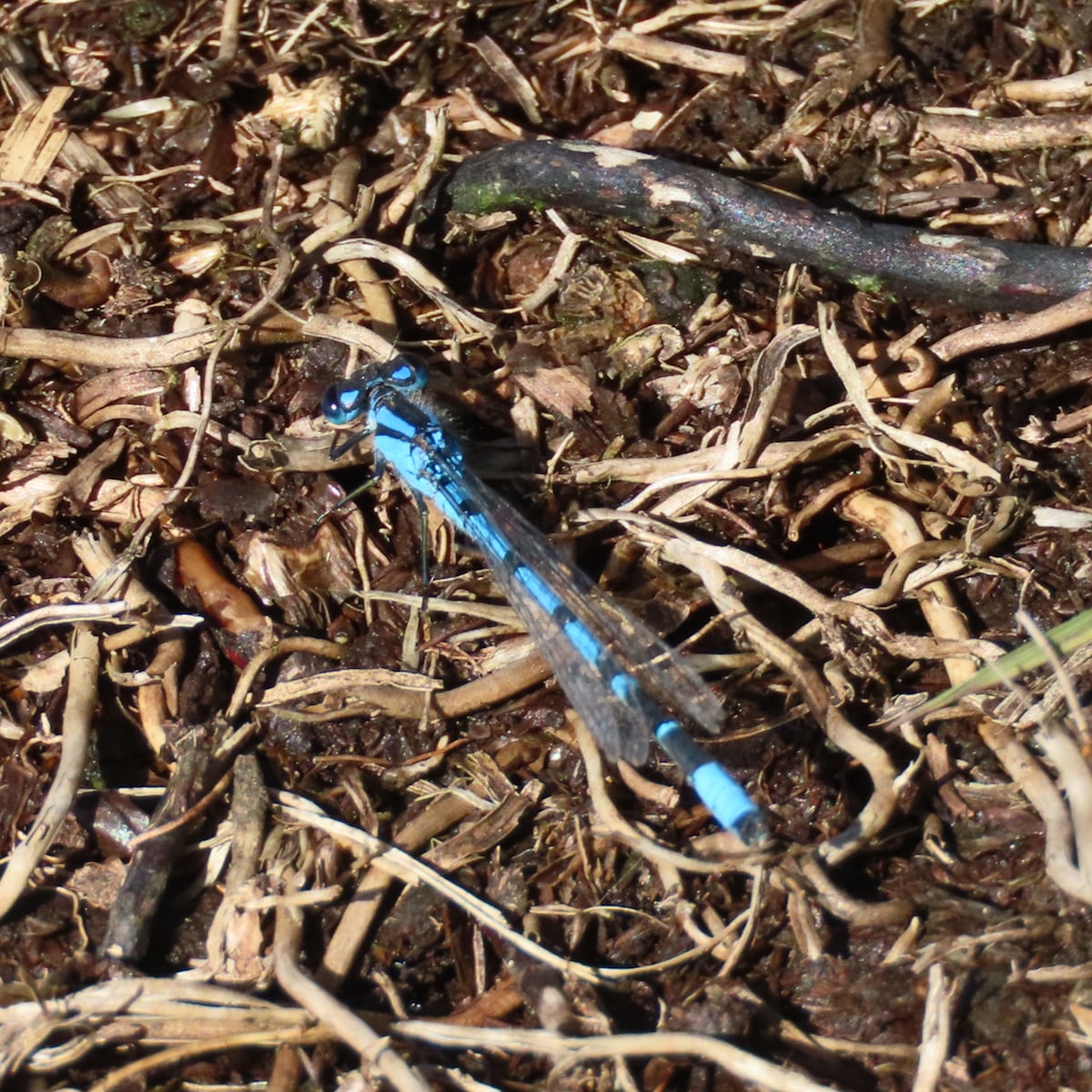WordPress wants to be the Operating System for the Web. That OS is missing social features, and it’s not a big leap to add them with existing web protocols. No website owner would have to be a coder, be it home cooking style or professional, to use those social features and create conversations. It would just be there.
WordPress+IndieWeb as the OS of the Open Social Web – Interdependent Thoughts
Just great. Could quote every slide.




